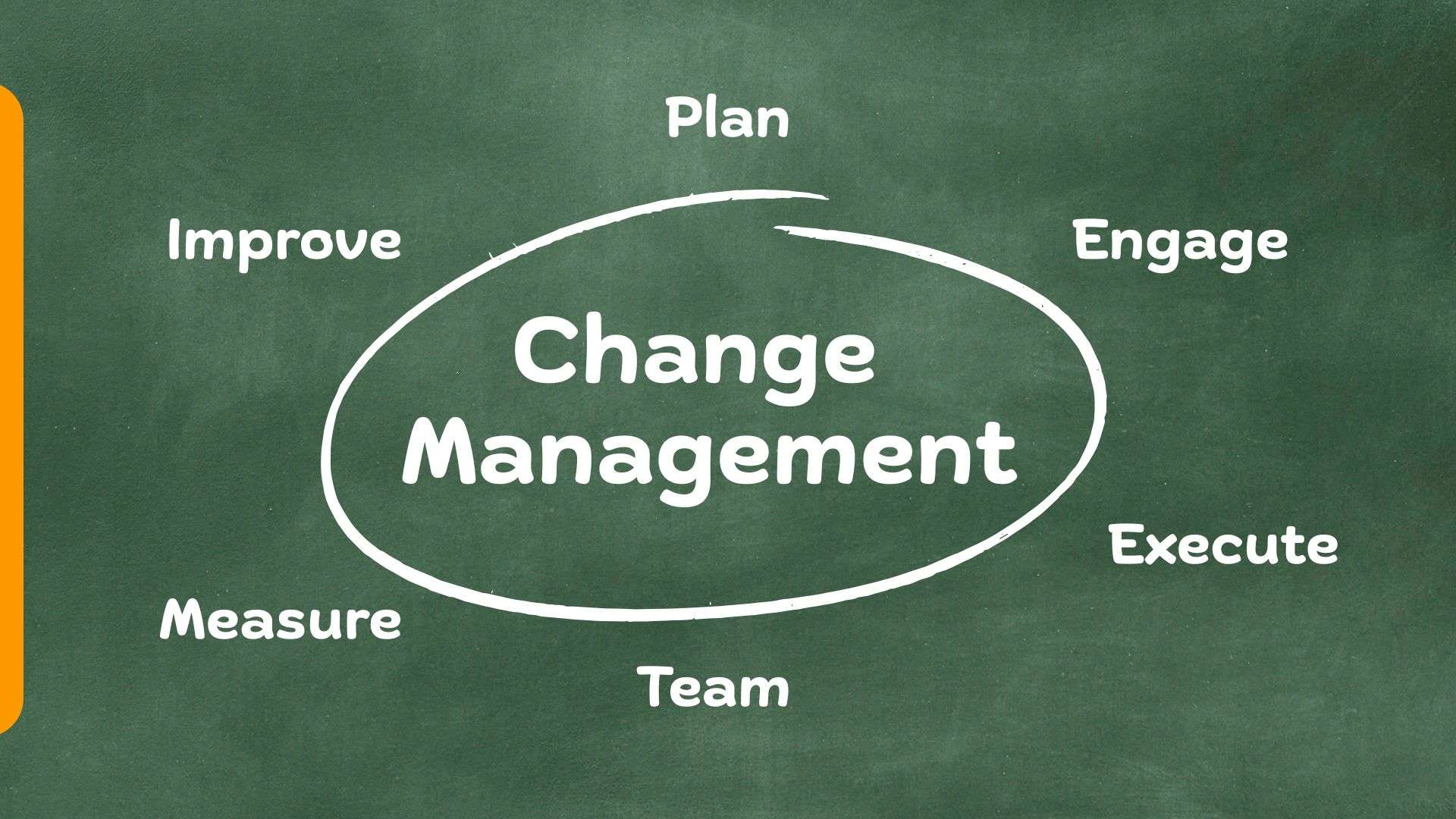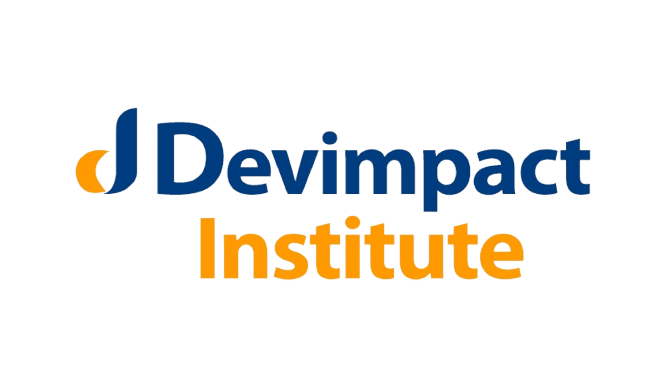
Training on Leadership and Change Management
Change is an unavoidable part of all teams and organizations. The ability to lead change is essential, and it is necessary for all tasks that a leader or manager engages in, from implementing a strategy to making minor adjustments to a work system. Every time a manager or leader makes a decision, something changes. This training on leading and managing change course gives participants a clear overview of leading and managing change.
Training on leading and managing change course is aimed to help participants understand organizational culture and change, and organizational development. The program will help you to design effective change programs and develop the personal management skills to successfully lead change processes in your organization.
Target Participants
This training on leading and managing change course targets business and organization managers.
What You Will Learn
By the end of this course the participants will be able to:
- Define change and its effects on how people work.
- Create a model for change management that works for their organization.
- Determine how individuals react to change and investigate the causes of resistance to change.
- Describe the culture of their organization.
- Develop practical leadership abilities for transformation.
- Develop self-awareness and emotional intelligence as a leader.
- Develop problem-solving and decision-making skills in the context of change management.
- Create and put into action a successful organizational development strategy based on increased performance.
- Acquire deeper insight underlying concepts, mechanisms and dynamics, as well as in your own personal leadership style, and its effectiveness in typical situations.
Course Duration
Online 7 Days
Classroom-based 5 Days
Introduction to Leadership
- Definition and importance of leadership
- Leadership traits and qualities
- Leadership theories and models
- Leadership styles and their applications
Understanding Human Psychology and its Impact on Change Management
- Introduction to the human psychology
- Tip of the Iceberg Concept
- Developing self-awareness, trust and communication
- How attitudes are formed
- Motivation at the workplace and what drives people to be motivated
- The key drivers of change
- The need for change management
Emotional Intelligence and Self-Awareness
- Understanding emotional intelligence
- Self-awareness and self-regulation
- Empathy and social skills
- Managing emotions in leadership
Approaches to Organizational Change
- Where do you start with organizational change
- Anticipated reaction to change
- Defining the scale of organizational change
- Approaches to organizational change
- Steps required to implement change
- How to sustain change
- The impact of appreciative inquiry on change management
- Organizational alignment around the change
Effective Communication and Interpersonal Skills
- Active listening and feedback techniques
- Nonverbal communication
- Conflict resolution and negotiation skills
- Building and maintaining relationships
Change Management and Change Leadership
- The five psychological phases of change and their effective management
- Difference between change management and change leadership
- Leadership and culture in change management
- Change management and emotional intelligence impact on organizational performance
- The key components of emotional intelligence and how they link to leadership
Decision-Making and Problem-Solving in Change Management
- Decision-making processes and techniques
- Problem-solving methodologies
- Risk assessment and mitigation strategies
- Implementing decisions in a changing environment
Ethical Leadership and Social Responsibility
- Ethical dilemmas in leadership
- Corporate social responsibility
- Ethical decision-making frameworks
- Balancing profit and social impact
Developing Performance Contracts Framework and Scoring Mechanism
- Developing business plan methodology to achieve the strategic direction of the organization
- Developing and implementing performance contracts framework between CEO and functional managers within the organization
- Developing a comprehensive Balanced Scorecard and scoring mechanism for your organization using EXCEL
Leadership in Action: Case Studies and Practical Applications
- Analyzing real-life leadership and change management cases
- Group discussions and role-playing exercises
- Developing action plans for organizational change initiatives
Personal Leadership Development
- Creating a personal leadership philosophy
- Setting SMART goals for leadership development
- Seeking feedback and continuous improvement
- Building a support network for ongoing growth

